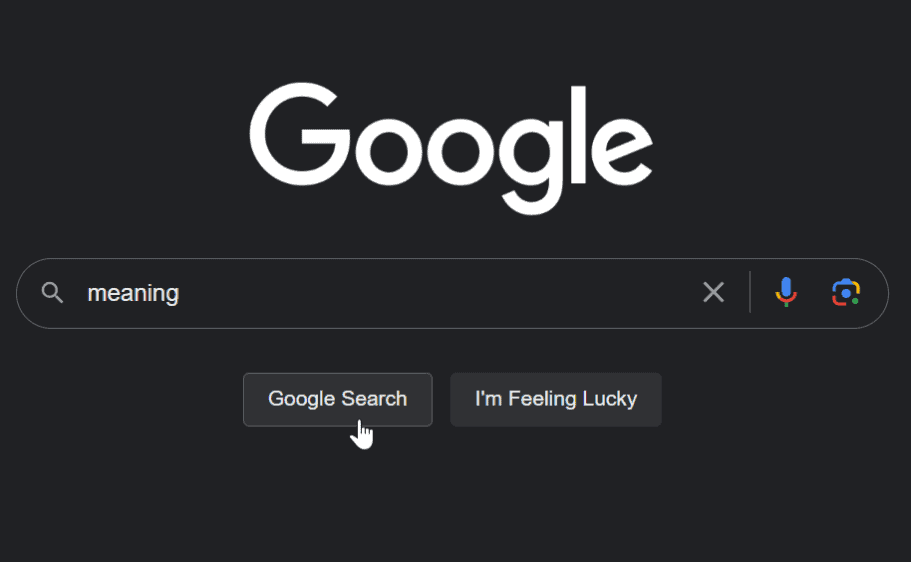Bite the Bullets (A quick summary if you don’t want to read the whole article)
- We all have “reasons” (or excuses) for the poor habits we invite into our lives that work against what we say are our goals
- We tell ourselves that a few “good” acts allows us to get away with “bad” ones, which over time leads to the “bad” outweighing the “good”
- This article starts with a general example and halfway through focuses on sustainability. Feel free to skip around but please at least read the questions at the end
Savor the Summary
How often do you find yourself preemptively justifying a decision before you make it?
You just finished working out for the third time this week and you think to yourself, “I earned this” as you order a double cheeseburger with french fries and ranch dipping sauce (or whatever your guilty pleasure food is). And you feel great about it.
You tell yourself, “I’ve been working really hard and I deserve a treat” and likely a few other cliches but in your heart of hearts you know that these treats happen all too often to really be considered a “treat”.
What’s worse is that you tell yourself the goal of exercising is to look better, feel better, and be healthier, but in actuality working out has simply turned into a reason to eat worse food and feel better about it.
At the same time, you are actually downgrading your health by forcing your body to process large quantities of these dense/processed foods.
This is just one example of a broader concept called “moral licensing,” which is a fancy way of saying “I did something good so I can get away with something bad.” Moral licensing rears its ugly head in all of our lives, sometimes to our own detriment but it can also impact those we care about.
The key to overcoming the cycle is to catch when you make excuses to yourself and own up to the fact that:
- your actions aren’t in line with your values, or
- you aren’t being honest with yourself about what you value more
In the previous example, the person would likely reveal that they value delicious flavors more than improving their health or looks.
Sustainability Focus
In my line of work, consulting in the clean energy industry, moral licensing shows up in a way that runs counter to our core value of combating climate change.
Many people in the clean energy space have chosen the field because they are passionate about fighting the good fight against climate change by reducing the carbon emissions of their clients. However, when it comes time to take ownership of their own contributions to climate change the decision-making process differs.
For example, I’ve heard colleagues say things like “I feel better about taking longer showers because I am a vegetarian” (the moral licensing here being that not eating meat does reduce emissions, but taking long hot showers wastes both energy and water).
Similarly, working as a consultant often means we have to travel by airplane to visit clients which results in the greatest amount of emissions an average person can generate from a single action.
And given the working conditions of consulting (typically long hours) and the lifestyle it affords in terms of salary, it is common for people to use their time off to again, fly somewhere for vacation.
The combination of emissions generated by consultants in both work and life brings them to the top of the heap in terms of individual contribution to the world’s emissions.
So I ask you:
- General Audience:
- Are you using moral licensing in a way that runs counter to your goals? And
- If you answered “yes” to #1, how much do you value your goal?
- Sustainability Audience:
- Are you using moral licensing in a way that runs counter to your sustainability goals? And
- How can we work with clients to mitigate our emissions generated while working on a project, in addition to those saved from the results of the project?



